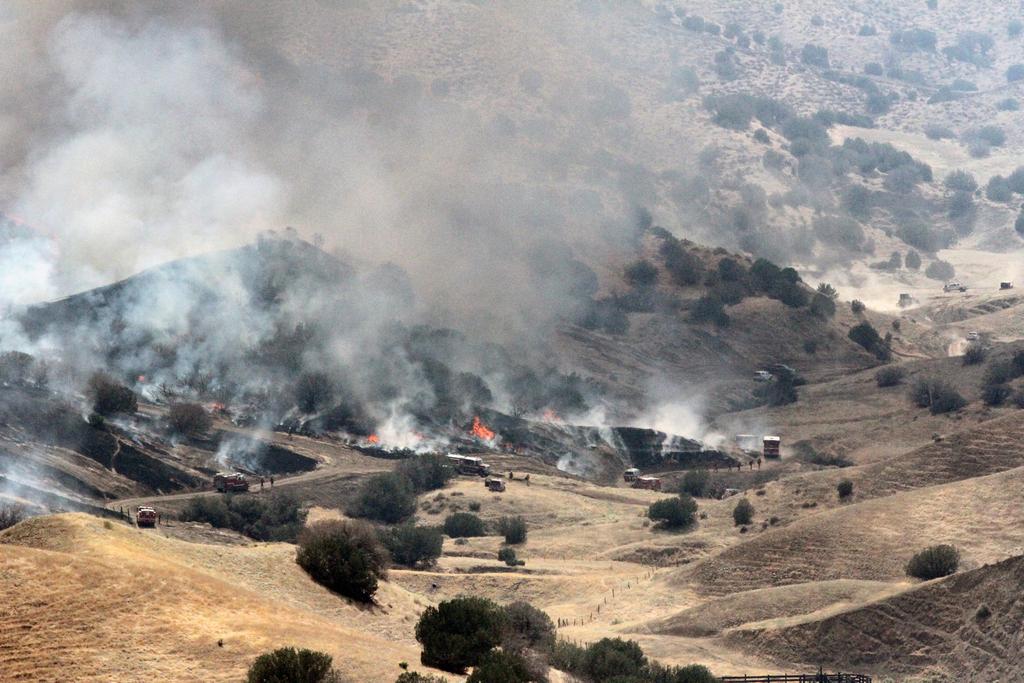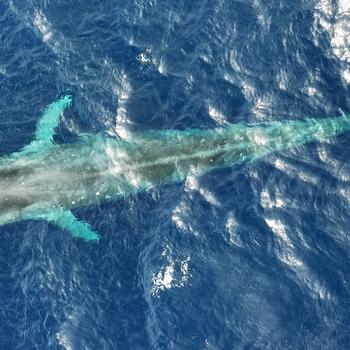Editor's note: News about conservation and the environment is made every day, but some of it can fly under the radar. In a recurring feature, Conservation News shares a recent news story that you should know about.
What brings you to the emergency room today? Increasingly, the answer could be climate change.
It worsens existing ailments and causes people to suffer from new afflictions. Moreover, entire health systems are beginning to recognize that threats from climate change will have a big impact on their operations, according to a recent six-part series in Axios written by Tina Reed, Andrew Freedman, Arielle Dreher and Oriana Gonzalez.
“The growing threats to human health only promise to get more complex and expensive, and health systems have to make major changes to how they prepare for those threats,” Reed wrote.
Virtually all climate change impacts carry potential medical consequences: Smoky air from a wildfire can exacerbate asthma, heat waves can trigger life-threatening heat strokes, and, as climate emergencies become more severe, they are taking a toll on more people’s mental health.
It’s no wonder the World Health Organization has called climate change “the single biggest health threat facing humanity.” It’s driving massive shifts in the way diseases impact communities that haven’t experienced them before.
Pathogens like Zika, dengue and West Nile virus, which were previously confined to tropical or temperate climates, are projected to increasingly affect communities farther north. More than half of all known infectious diseases have been aggravated by the changing climate. And new infectious disease outbreaks are also on the rise.
Conservation International’s Pandemic Prevention Fellow and practicing physician, Dr. Neil Vora, says “spillover” — the process by which animal microbes spread to humans — is becoming more common (think monkeypox, COVID-19 and Ebola). And, he says, the cause is clear.
“It’s a symptom of a planet in crisis,” Vora said. “Many of the factors that are driving climate change, like increased rates of deforestation, are also behind the emergence of infectious diseases.”
When animals are driven from their habitats, either directly by environmental degradation or by shifting climate conditions that cause them to migrate to new regions, it increases the chances of them exposing humans to new viruses. One of the best ways to limit the emergence of infectious diseases is to prevent further habitat destruction, Vora said.
A 2020 study by Conservation International scientists and partners found that stemming deforestation, regulating the global wildlife trade and limiting outbreaks of newly emerged viruses before they spread could significantly reduce the threat of future pandemics. Moreover, the cost of these preventative measures is a fraction of the COVID-19 pandemic’s massive economic toll and has added benefits associated with conservation, like cleaner air and water.
“We know that threats associated with climate change aren’t going away anytime soon,” Vora said. “To help keep ourselves healthy, we need to fix our relationship with the planet. Nature can be such a powerful tool in keeping people healthy, but to enjoy those benefits we need to start considering the nature as an ally and invest in protecting it.”
Other experts agree, according to the Axios series. Developing solutions to address the impacts of climate change is the best way to tackle related emerging health crises. In short: Effective health planning must begin incorporating climate change, and vice versa.
“When medical professionals evaluate a patient, we consider their health history, lifestyle and the setting in which they live,” Vora said. “We now need to add climate change as an additional risk factor.”
Read the full series here.
Emma Cummings-Krueger is the media relations writer at Conservation International. Want to read more stories like this? Sign up for email updates. Also, please consider supporting our critical work.



